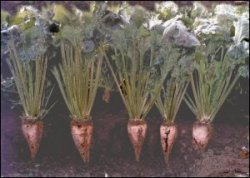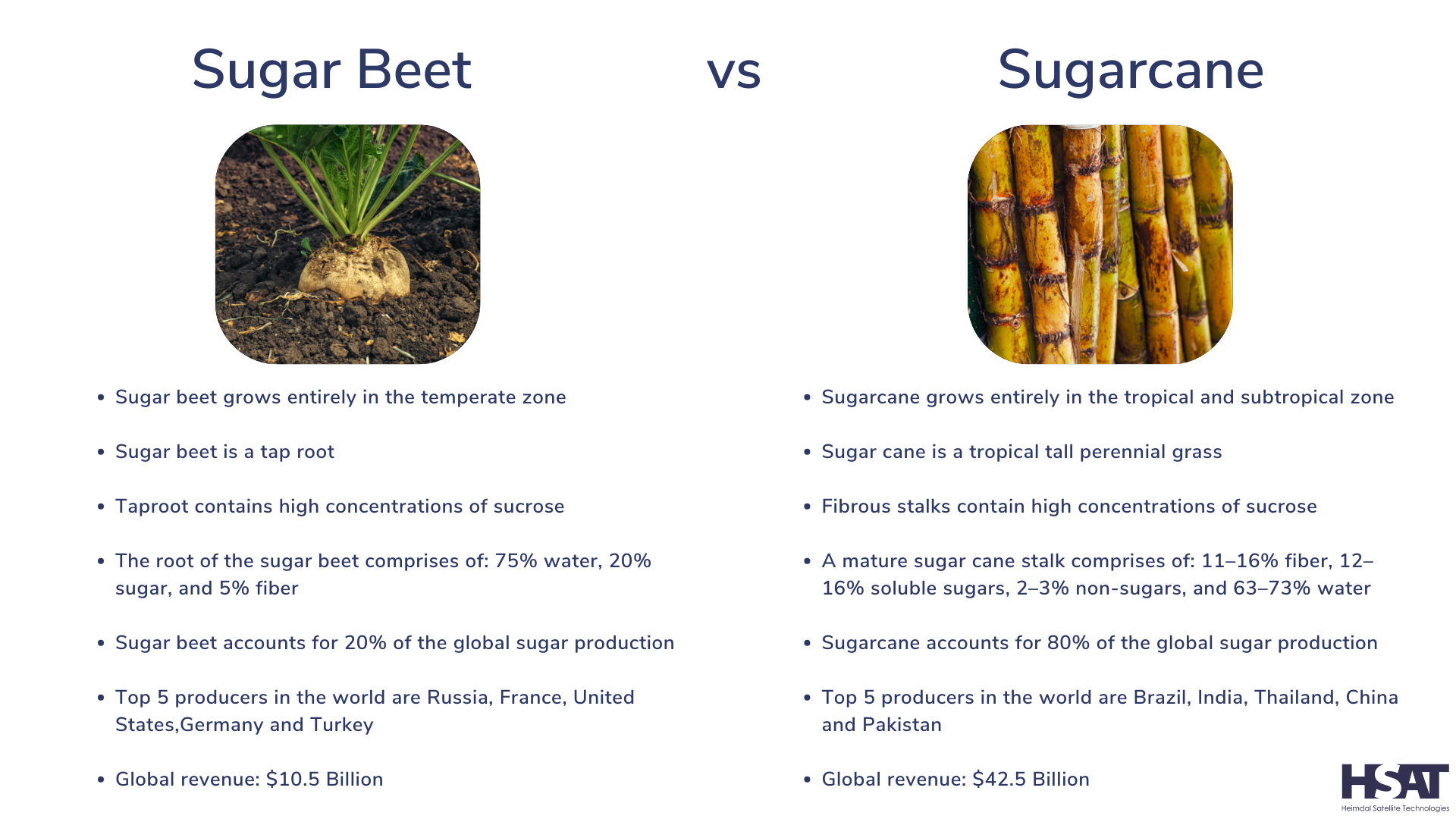The Impact of Beet Sugar vs Cane on Blood Sugar Levels and Diabetes Management
The Impact of Beet Sugar vs Cane on Blood Sugar Levels and Diabetes Management
Blog Article
The Fantastic Discussion: Beetroot Sugar Vs Walking Cane and Their Effect On Wellness
The ongoing dispute surrounding beet sugar and walking cane sugar increases critical concerns concerning their particular health and wellness impacts and more comprehensive implications for consumer choices. This conversation invites us to think about not simply the sweetness we choose, but the far-ranging effects of those options on our wellness and the earth.
Introduction of Sugar Resources
Sugar, a commonly taken in sugar, mainly stems from 2 primary sources: sugar beetroots and sugar walking cane. These plants are grown in various regions around the globe, each contributing to the worldwide sugar supply in unique methods. Sugar cane grows in tropical and subtropical environments, with major manufacturers consisting of Brazil, India, and China. The plant is collected for its stalks, which are then processed to remove juice and crystallize sugar.
Conversely, sugar beets are predominantly grown in warm regions, with considerable production in countries such as the United States, France, and Germany. The beetroots are collected from the ground, cut, and based on a procedure that converts the extracted juice right into granulated sugar. While both sugar sources ultimately produce sucrose, their farming methods, refining approaches, and geographical circulations differ substantially.
These differences can affect not only the environmental impact of sugar production but additionally the economic elements of sugar prices and trade. Recognizing the beginnings of these sweeteners is important for customers and policymakers alike, as it lays the foundation for informed discussions regarding their wellness implications and sustainability.
Nutritional Comparison
When checking out the nutritional accounts of beet sugar and walking cane sugar, both resources share a similar composition as they primarily contain sucrose. Sucrose is a disaccharide, composed of sugar and fructose, and is accountable for the sweetness related to both sugars. The refining procedures for both beetroot and walking cane sugar yield items that are primarily pure sucrose, with very little traces of vitamins, minerals, or various other nutrients.
In terms of calorie web content, both beet and walking cane sugars supply around 4 calories per gram. Neither type of sugar uses significant nutritional advantages past power arrangement, as they do not have essential vitamins or minerals. The visibility of trace components, such as magnesium, calcium, and potassium, can differ slightly in between the 2, primarily due to the agricultural practices and dirt problems in which they are expanded.
Additionally, the glycemic index values of beet sugar and walking cane sugar are similar, showing similar effects on blood glucose levels. On the whole, from a nutritional perspective, beet and walking stick sugars are functionally comparable, adding primarily to caloric consumption without supplying substantial health advantages over each other.
Wellness Effects
The wellness effects of consuming beetroot sugar and walking stick sugar warrant mindful consideration, particularly given the rising frequency of sugar-related health and wellness problems. Both types of sugar add comparable calorie values and can cause boosted threats of obesity, type 2 diabetes mellitus, and heart diseases when eaten over. The body sugars both metabolizes into sugar, which can cause spikes in blood sugar level degrees, resulting in insulin resistance in time.
While there is ongoing argument regarding the glycemic index of these sugars, researches recommend that both can negatively influence metabolic health and wellness if consumed in big quantities. beet sugar vs cane. In addition, the prospective presence of pollutants in beet sugar, such as chemicals from traditional farming practices, elevates additional health and wellness issues. On the other hand, walking stick sugar, specifically when minimally refined, may provide a somewhat a lot more beneficial account because of its all-natural state
Additionally, the intake of included sugars, no matter of the source, is connected to adverse health and wellness outcomes, consisting of oral problems and fatty liver condition. For that reason, small amounts is essential, and individuals must bear in mind their total sugar consumption from all sources, inevitably prioritizing whole foods over sugarcoated for optimum wellness outcomes.
Ecological Impact
Understanding the wellness ramifications of beet and walking stick sugar likewise leads to an examination of their environmental effect, which can dramatically influence farming sustainability and ecological balance. Both sugar sources have unique ecological footprints, formed by their cultivation practices and geographical demands.

In comparison, beet sugar is commonly grown in temperate environments and frequently includes varied plant turnings. This practice can enhance dirt health and reduce dependence on chemical inputs. Nevertheless, intensive beet farming can likewise cause nutrient exhaustion and pest pressures otherwise managed sustainably.
Both sugar kinds present challenges and opportunities for environmental stewardship. Promoting lasting farming practices and responsible sourcing can mitigate their impacts, ensuring that sugar production straightens with ecological preservation and lasting food security.
Customer Preferences
In the middle of expanding understanding of health and ecological concerns, consumer preferences for sugar kinds are significantly influenced by understandings of health and wellness advantages, sustainability, and moral sourcing. Beet sugar and cane sugar each present unique qualities that attract different customer demographics.
Health-conscious consumers frequently scrutinize the dietary accounts of these sugars, seeking choices viewed as less refined or more all-natural. Walking cane sugar, typically considered as the conventional sugar, is often favored for its perceived purity and simplicity. On the other hand, beetroot sugar, which is often originated from genetically customized crops, deals with check this site out apprehension among those worried regarding GMOs.
Sustainability is an additional considerable aspect influencing customer choices. As recognition of agricultural methods grows, several customers select items that align with eco-friendly farming techniques. Cane sugar production, specifically when sourced from lasting ranches, can attract eco-conscious customers.
Ethical sourcing plays an essential function too, with consumers significantly favoring products that sustain fair labor practices. Qualifications such as Fair Trade can enhance the appearance of cane sugar on the market. Ultimately, customer choices are formed by a complicated interplay of wellness, environmental, and moral factors to consider, driving demand for both beetroot and cane sugars in varied markets.
Conclusion
To conclude, the discussion between beet sugar and walking stick sugar incorporates different factors, including nutritional profiles, health and wellness ramifications, and ecological effects. beet sugar vs cane. While both sugars mostly include sucrose and exhibit similar caloric material, worries regarding chemical usage in beetroot sugar and the environmental influence of walking cane sugar monoculture warrant mindful consideration. As consumers increasingly focus on sustainability and health and wellness, notified options relating to sugar intake end up being important in promoting overall well-being and environmental stewardship

Report this page